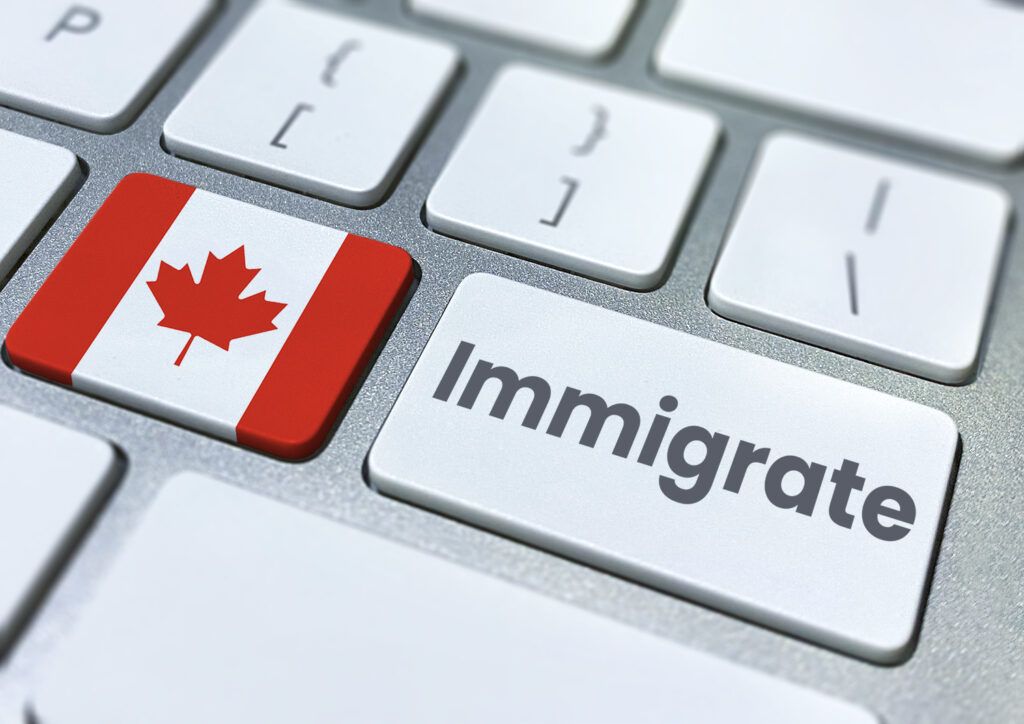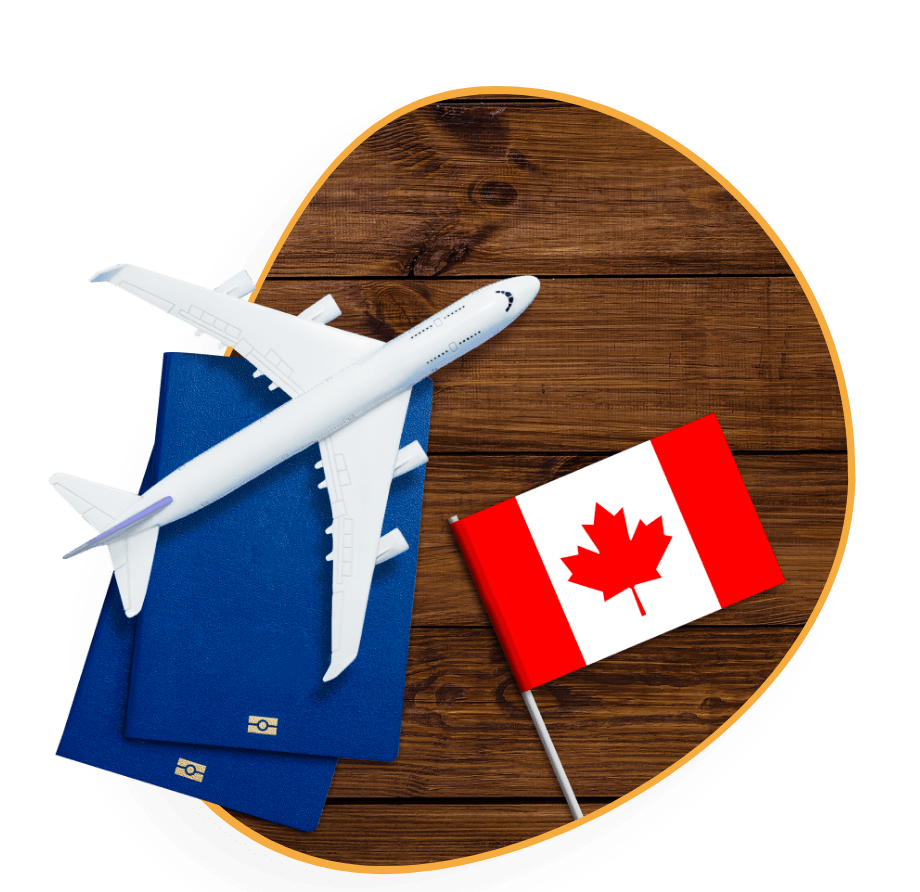How the Canada Family Class Sponsorship Works
In Canada, family reunification is a core value. Most Canadians know that they can sponsor their loved ones to live in the country with them. However, they are less likely to know which family members they can sponsor and the requirements for it. Today, we discuss the rules governing the sponsorship of family members and how you can take advantage of them.
Family Class Sponsorship in Canada
Family Class sponsorship is the system through which Canadian citizens or permanent residents can sponsor those who are not related but who are members of their household. These are the rules and requirements for sponsorship.
As a Canadian citizen or permanent resident, you can sponsor a spouse, common-law partner or conjugal partner as a member of your family class. If you are married, your spouse must be at least 18 years old. If your spouse is under 18 years old, you have to be at least 19 years old.
Who You Can Sponsor For Canadian Immigration
The following is a list of family members that Canadian citizens and permanent residents can sponsor to come to Canada as permanent residents. They may also be eligible to come to Canada as temporary residents.
Spouse
Common-Law Partner
Dependents (including your child, stepchild, adopted child, child to be adopted, etc.)
Parents and Grandparents
Children of Spouse or Common-Law Partner
Siblings, including Half-Siblings, Step-Siblings, and Adopted Siblings
Caretaker Relatives
Live-in Caregivers
Aunts, Uncles and Cousins
Grandchildren of a Grandparent
This means that if you are a Canadian citizen or permanent resident, you can sponsor family members who are not related to you, who are not coming to live with you, and who are not related to your spouse, common-law partner or conjugal partner. For example, a Canadian citizen or permanent resident can sponsor their parents, siblings, and adult children on their own. Some relatives can apply for permanent residence on their own without a sponsor but must meet requirements such as sufficient financial resources or private health insurance.
Family Class Sponsorship Requirements
There are several requirements for family sponsorship. In terms of paperwork, the same rule applies to all family members, but some additional requirements may apply to some of them.
It would be best to include a checklist with the required family member documents and information about your income, assets and current financial obligations. This information is used to determine if you meet the income requirements to sponsor a family member.
To sponsor a family member, you must:
Demonstrate financial stability
Prove that you are of good character
Pass a medical exam
Have a residence that meets the minimum size
Demonstrate that you can provide basic needs such as food, clothing and shelter
Have official documents for identity, admissibility and relationships
Types of Sponsorship Applications
There are generally two types of applications used for family sponsorship: a sponsorship agreement and a sponsorship application.
Sponsorship Agreement – A sponsorship agreement is a legal document that you and your family members must sign. The sponsorship agreement must be made in the presence of a certified notary public or a commissioner of taking oaths. This is the case even if the family member is already in Canada or is outside Canada.
Sponsorship Application – A sponsorship application is a form you use to apply to sponsor a family member. It must be made using the paper version and filed at the visa office of Citizenship and Immigration Canada (CIC) or the office of your local CIC responsible for your area.

Conclusion
As you can see, sponsorship of a family member is a fairly straightforward process. However, if you have questions or concerns related to family sponsorship, it’s best to talk to a Canadian immigration consultant.
Bright Immigration brings skilled workers from all parts of the world to satisfy Canada’s labour demands. As Canada immigration consultants, we will expertly guide you through the entire immigration process and make sure everything runs smoothly. If you’re looking for professional help from a trusted firm, please contact us at info@brightimmigration.com or call 1-888-404-8472.




